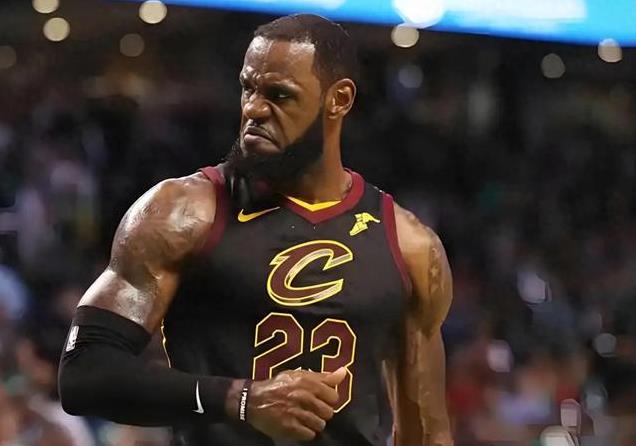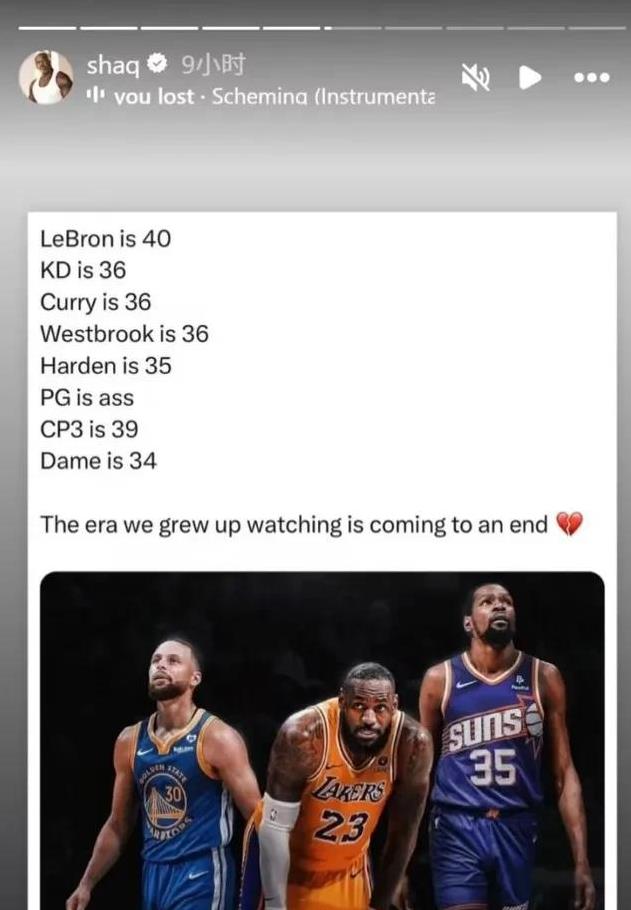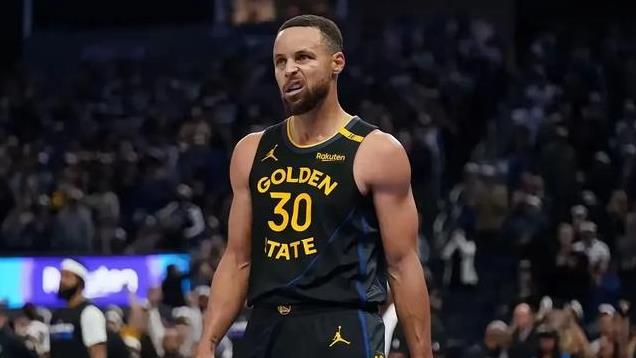Translation:
Is the NBA really not being watched anymore? The current season has completed two-fifths of its games. During the offseason, the NBA struck a jaw-dropping partnership with media giants ESPN, Amazon, and NBC. This is an 11-year, $77 billion media rights deal that has led to a pay-to-watch model for fans.
However, viewership has dropped by 31% compared to last year. ESPN's ratings have fallen by 28%, and TNT's by 3%.
Could it be just because "LeBron is being targeted, Curry is getting fewer opportunities, Harden is struggling, and Durant is exhausted"? The four major stars are all aging, so it's no wonder they're not as popular.

In response, Adam Silver said: It's only because other events and hot news have attracted more viewers during this period; the NBA still has many people paying attention.
But the real reasons may be even more disheartening for Silver:
-
Legalized gambling, encouraging offense at the expense of defense, a capitalistic game, ignoring the charm of sports competition, and focusing on the business model—Silver is also a significant factor in why the games have become less enjoyable. If he had retained even a bit of Stern's sentimentality, the games wouldn't be this hard to watch.

-
Is this era coming to an end? LeBron is 40, Durant is 36, Curry is 36, Westbrook is 36, and Paul is 39. Even the youngest, Harden, is 35!
Shaquille O'Neal retweeted an American media tweet: The era is ending! What will happen after they retire? Who can hold up the future face of the NBA? At present, it seems the younger generation lacks substance!
- The fast-paced physical style of play in the small-ball era actually increases the burden on the body. There are more rounds in the small-ball era because there are more three-point attempts, more running, and a faster pace.
Now the NBA is essentially a three-point shooting contest. If Morant, Antetokounmpo, Irving, and Hua Zi—the four most entertaining and spirited players currently active—all get injured and miss the rest of the season, it would be even harder to watch. So far, the league's entertainment value still relies on these four.

-
Football and basketball no longer attract young people. Most post-05 and post-10 generations are not interested in these sports; mobile gaming teams and e-sports are more appealing to them.
-
Now you need to pay to watch the NBA. Besides old fans, young people can't access the NBA. Who would bother paying to watch a video they've never seen before? Moreover, the reason '80s and '90s generations watched basketball was largely influenced by Yao Ming. Even if you didn't watch Yao Ming, it was because many around you did, creating a good atmosphere for watching and discussing basketball. But now, the stars can't sustain that atmosphere. Once James and Curry retire, the NBA might gradually become niche.
I remember when we were young, there wasn't much entertainment. We played basketball and soccer at school, naturally developing a liking for watching the NBA and major leagues. Nowadays, children have too many forms of entertainment from a young age, especially with the proliferation of smartphones and tablets. Many kids are only obsessed with games. It's not that it's not popular; it's just not as popular as before. Fewer people now play basketball or soccer than before. I'm from the '80s. In the past, during winter and summer vacations, besides watching TV and playing basketball, there was no other entertainment. Things are different now.
It's purely because young people nowadays are into gaming. The fact is that people abroad are equally addicted to digital entertainment. Many Brazilian kids don't play soccer; they just hold their phones and play mobile games.
My understanding is that the fundamental reason is that when we '80s and '90s generations were young, there weren't many forms of entertainment, so these things were quite attractive. Now, various games and short videos have shifted the attention of teenagers.
There are more entertainment options, the games aren't as enjoyable, and the rise of short videos means many people lack the patience to watch a fragmented NBA game on their phones or TVs.